'Second-child' policy boosts fertility clinics
Updated: 2016-03-15 11:02
By Lia Zhu in San Francisco(China Daily USA)
|
||||||||
A Los Angeles-based fertility clinic has seen strong growth in the number of Chinese clients since the country changed its one-child policy last October.
The Southern California Reproductive Center (SCRC) has begun looking to tap China's fertility market since the policy change, and now Chinese clients represent 20 to 30 percent of its total volume.
Part of the growth is attributed to the "second child" policy, which allows families to have two children to improve the balanced development of the population and to address society's aging.
"We have seen increasing inquiries from clients who are coming from China and who are seeking to have the second child," said Kyle Francis, CEO of SCRC. "A lot of them are asking how clients can conceive using IVF (in-vitro fertilization) services, especially for women who are over the age of 35."
At the Chinese version of their website, the prospective customers are promised Chinese interpretation services. The center has recently launched its official WeChat account to engage Chinese clients.
"China is a growing market for us we see growing opportunities for people traveling from China to the US for IVF services," Francis said.
At SCRC, the average cost for IVF service is around $20,000, and embryo preservation costs $500 to $800 a year. Despite the higher costs, the Chinese couples are choosing American reproductive clinics over Chinese ones because the services, such as egg donation, sex selection and gestational surrogacy, are not legal in China.
Under Chinese law, only married women with infertility problems or cancer are allowed to have their eggs frozen because of concerns about egg trafficking. The authorities believe that the safety and effectiveness of the procedure have not been clear in China because it is still in the clinical research stage.
"The couples who seek to have a second child are usually in their 40s. They are not young any more. To those who want to have a son or twins, this is their only chance," said a Los Angeles-based "birthing center" operator who called himself "Ada's Dad".
He said his "birthing center" had experienced lower demand from couples trying to have their babies born in the US after the federal agents' raids on such "maternity hotels" early last year. But recently they were receiving more inquiries over IVF services in the US.
At SCRC, another popular service is gestational surrogacy, a controversial topic in China and only available on the black market.
"Now we have five to 15 new surrogacy mothers every month. But prior to that (second- child policy), the numbers were small," said Wendy Chang, scientific director at SCRC.
Many couples had planned for frozen egg and embryo preservation two years ago when the one-child policy was relaxed, according to Chang.
Chinese couples especially prefer to have their babies born in this year, the Year of the Monkey, she said.
"The Chinese value family and children's education. They spare no money even if they are not very rich," she said.
liazhu@chinadailyusa.com
(China Daily USA 03/15/2016 page2)
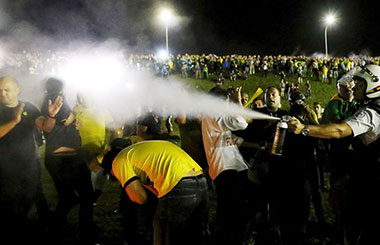
 Brazil's Lula sworn in over protests as Rousseff faces impeachment
Brazil's Lula sworn in over protests as Rousseff faces impeachment
 Smart city: A solution to urban problems?
Smart city: A solution to urban problems?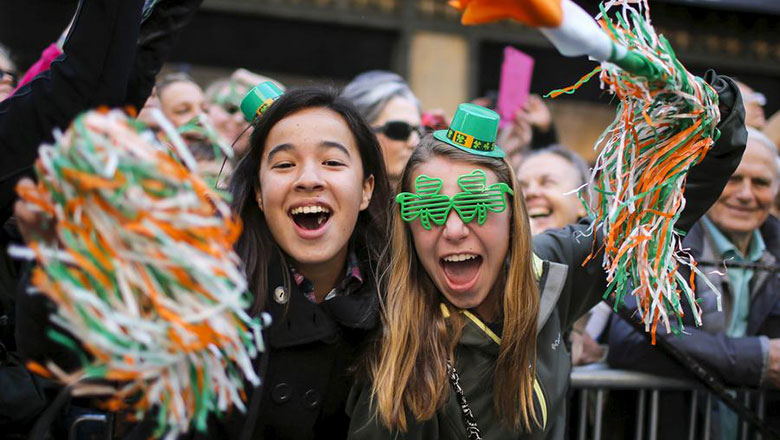
 St. Patrick's Day celebrated around world
St. Patrick's Day celebrated around world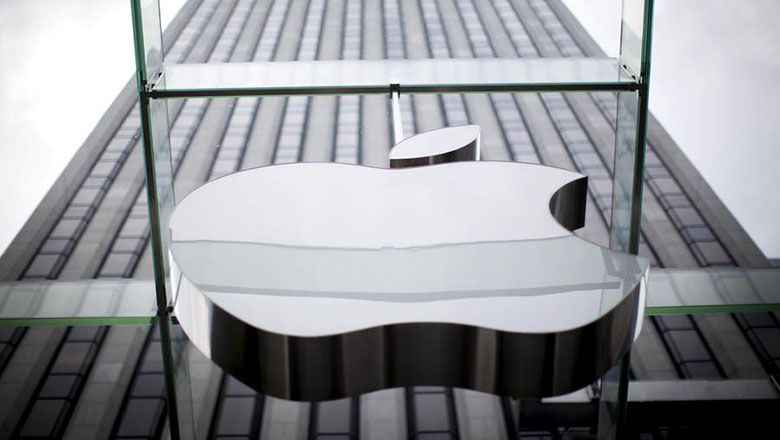
 Top 10 most valuable global brands
Top 10 most valuable global brands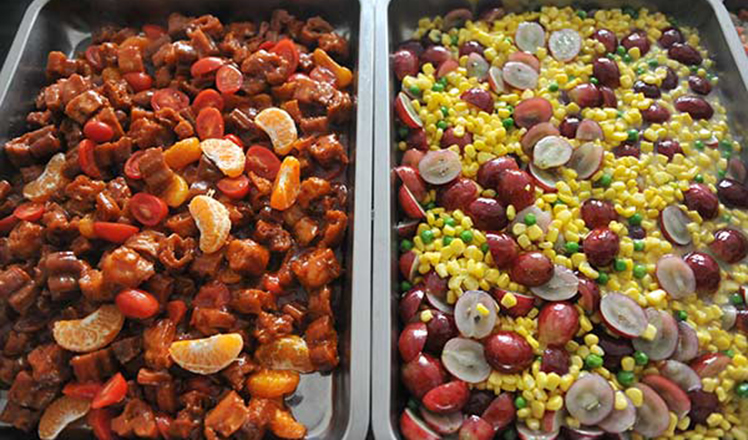
 These university canteen dishes will blow your mind
These university canteen dishes will blow your mind
 Eslite bookstore story reads like a page-turner
Eslite bookstore story reads like a page-turner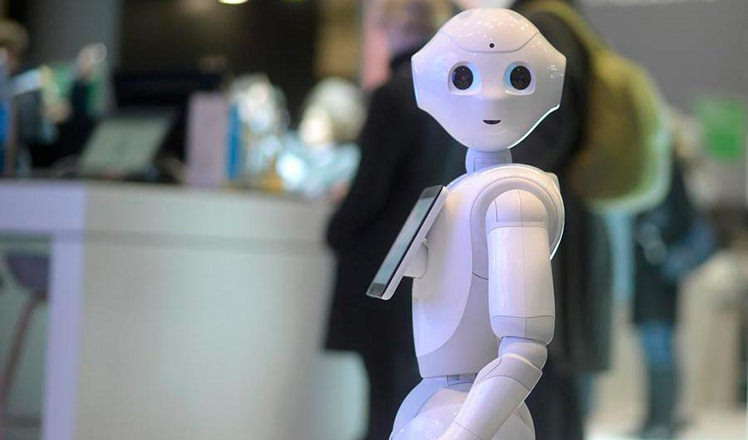
 World's biggest computer and software fair kicks off in Germany
World's biggest computer and software fair kicks off in Germany
 Aerial view of cole flower fields presents unique pastoral charm
Aerial view of cole flower fields presents unique pastoral charm
Most Viewed
Editor's Picks

|

|

|

|

|

|
Today's Top News
Chinese biopharma debuts on Nasdaq
What ends Jeb Bush's White House hopes
Investigation for Nicolas's campaign
Will US-ASEAN meeting be good for region?
Accentuate the positive in Sino-US relations
Dangerous games on peninsula will have no winner
National Art Museum showing 400 puppets in new exhibition
Finest Chinese porcelains expected to fetch over $28 million
US Weekly

|

|